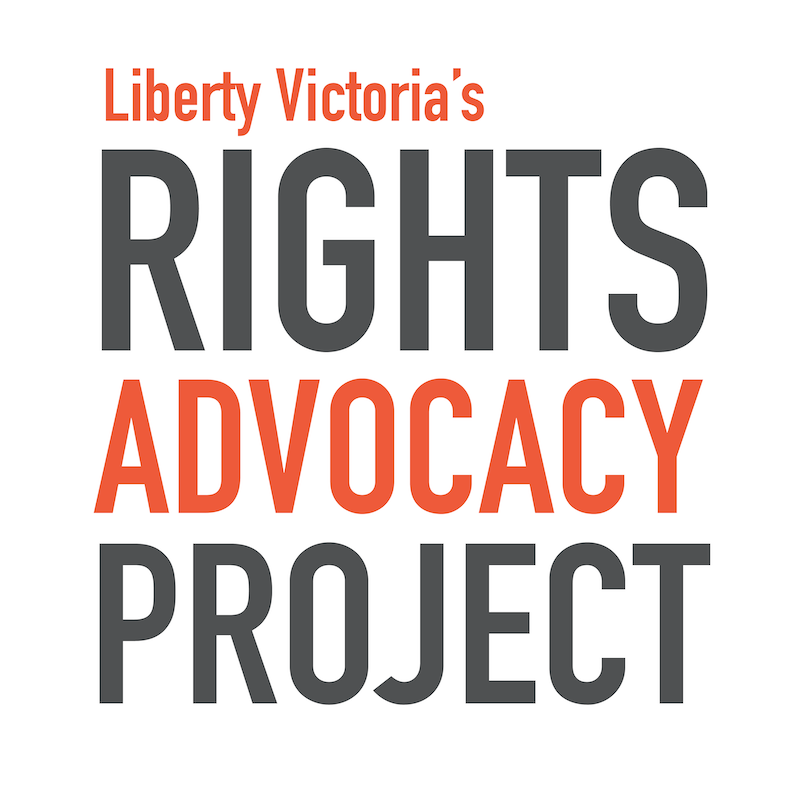
Equality and Government Accountability
We believe governments should practice transparency at all levels, to ensure they operate for the benefit of everyone they govern. Because transparency makes for stronger democratic institutions. We believe in an equitable and inclusive society. Our work examines how we can disrupt and dismantle systems of oppression and entrenched disadvantage to create more just systems and laws for every person.
Our past reports
-

The case for menstrual flexibility, so workplaces work for everyone
Everyone should be able to participate fully in their job, regardless of their gender or ability.
As part of that broader thinking, we’re written a report that considers the case for menstrual leave or flexibility in the workplace. We hope to overcome the taboo of menstruation and create a more safe, inclusive and productive society.
-

The situation of human rights defenders in Australia
Human rights defenders are people who stand up for human rights and hold power to account. Because of this work, they are often the targets of repression by state and corporate actors. When human rights defenders are restricted in what they can say and do, the flow on effects for our democracy are troubling.
-

Myki Fines and Confident Commuter
After working with Julian Burnside QC’s Myki Flying Squad to fight unfair myki fines, we created mykifines.org.au.
The website’s aim was to give commuters the information they need when caught without a valid ticket. -

Safety in mixed mental health wards
Eighteen percent of women in Australia have reported experiencing sexual violence. But, by some estimates, up to 45 percent of women in Victorian psychiatric wards have reported experiencing sexual assault, and 85 percent have reported feeling unsafe while receiving inpatient treatment.
-

A sexual assault counselling privilege for family law
When a victim/survivor of sexual assault seeks counselling, their counselling records can be subpoenaed in family law proceedings, for example in a parenting dispute. The production of these counselling records to court may re-traumatise victim/survivors, and make them less likely to seek counselling treatment after a sexual offence.
-

Privacy in the modern world
The right to privacy reflects the importance of human dignity, and underpins many other rights including freedom of association and expression. In the digital age though, our privacy is under constant threat.
-

Special Religious Instruction
For a long time, religious groups were allowed to provide dogmatic religious instruction to primary school students in the public system. A sustained campaign by parents, educators and academics argued that this was not compatible with our secular values. We released a report which outlined how the special religious instruction program was contrary to human rights.
